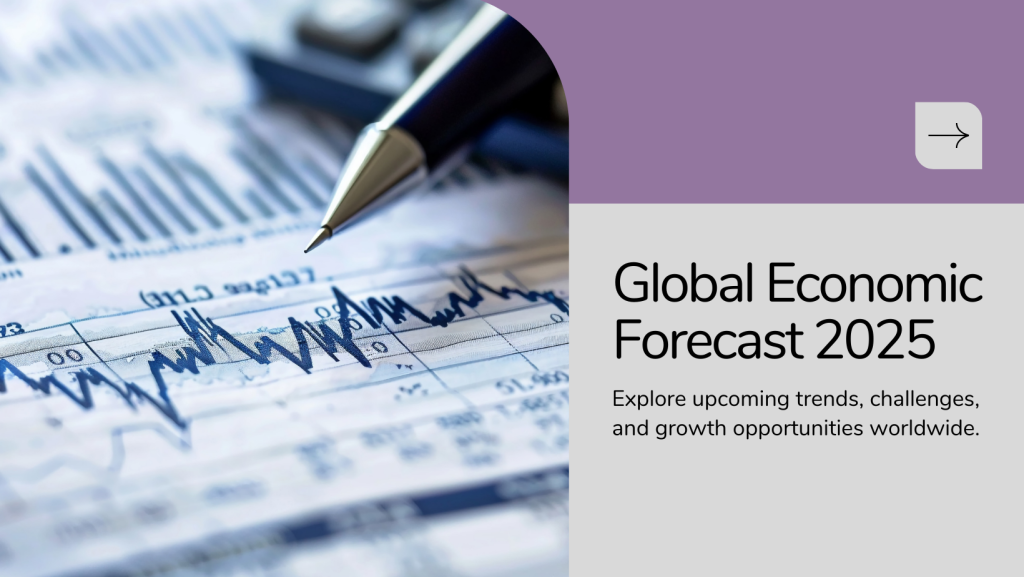As we delve into 2025, the global economic landscape presents a mix of challenges and opportunities, shaped by a myriad of factors including technological advancements, geopolitical tensions, and shifting consumer behaviors. One key trend to watch is the continued rise of digital transformation, as businesses across industries harness the power of technology to drive innovation and streamline operations. From artificial intelligence and automation to blockchain and the Internet of Things, emerging technologies are reshaping the way we work, communicate, and do business.
However, this wave of digital disruption also brings its own set of challenges, including concerns about job displacement, data privacy, and cybersecurity. As automation and AI become increasingly prevalent in the workforce, policymakers and business leaders alike must grapple with the implications for employment, education, and social welfare. Additionally, the growing threat of cyberattacks poses a significant risk to businesses and governments, highlighting the need for robust cybersecurity measures and proactive risk management strategies.
Geopolitical tensions continue to simmer on the global stage, with trade disputes, territorial disputes, and political instability casting a shadow over the world economy. From the ongoing trade war between the United States and China to Brexit and the rise of populist movements in Europe, uncertainty abounds in the geopolitical landscape. These tensions have the potential to disrupt supply chains, dampen investor confidence, and hinder economic growth, underscoring the importance of diplomacy, collaboration, and multilateralism in addressing shared challenges.
Despite these challenges, there are also opportunities for growth and innovation on the horizon. The transition to a low-carbon economy presents new opportunities for investment and job creation, as countries around the world prioritize sustainability and renewable energy. The rise of the circular economy and the sharing economy offer alternative models for consumption and production, fostering greater resource efficiency and environmental stewardship.
In conclusion, navigating the global economic landscape in 2025 requires a nuanced understanding of emerging trends, geopolitical dynamics, and technological advancements. By embracing innovation, fostering collaboration, and prioritizing sustainability, businesses and governments can position themselves for success in an ever-changing world.




